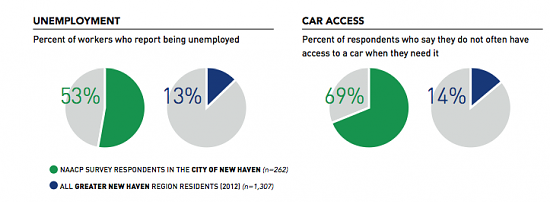Skip to main content
- Home
- Local Employment Dynamics


